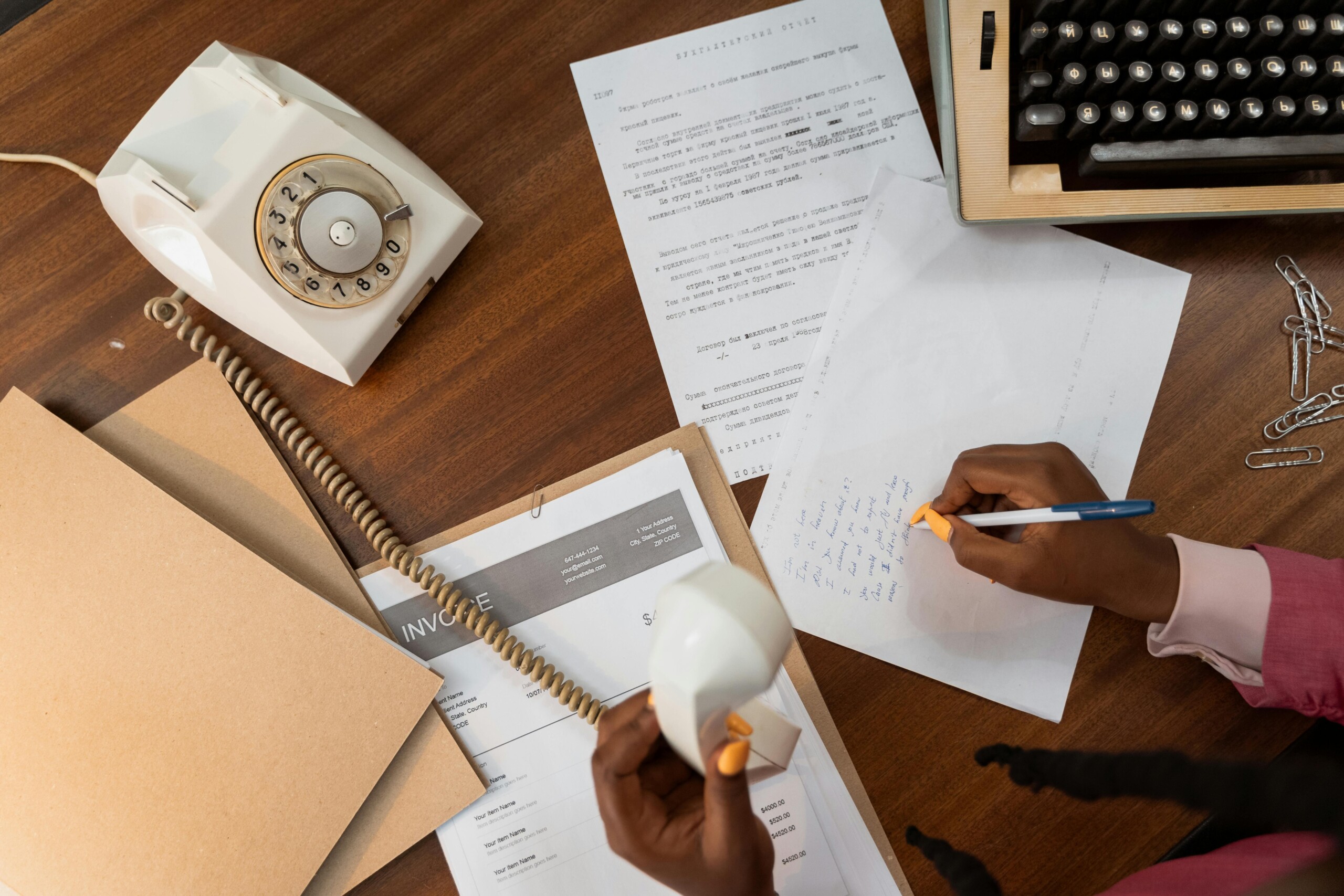
In the age of instant messaging and emails, business correspondence letters may seem old-fashioned, but they remain one of the most professional and impactful ways to communicate. A well-crafted letter carries a sense of formality, clarity, and respect that digital messages sometimes lack. It’s not just about words on paper; it’s about creating a lasting impression and fostering meaningful connections in the business world.
Writing a business correspondence letter is like opening a door to opportunity. Whether you’re reaching out to a potential client, responding to a partner, or addressing a concern, a letter reflects your professionalism and attention to detail. The tone, structure, and language you choose say a lot about who you are and how seriously you take the interaction. It’s not just about what you say; it’s how you say it that matters.
What makes a great business letter? First, clarity is key. A good letter gets straight to the point, presenting the purpose in a way that’s easy to understand. No one has time to decipher overly complicated sentences or vague intentions. The best letters are simple, concise, and to the point while still sounding warm and respectful.
Tone is just as important as clarity. A business letter shouldn’t feel robotic or overly stiff. It should feel like it was written by a real person who values the recipient. The right tone builds rapport, even in formal settings. Whether you’re offering a proposal, expressing gratitude, or addressing an issue, the tone should reflect professionalism with a touch of humanity.
Details matter in business correspondence. The layout, the quality of the paper if printed, and even the font contribute to the overall impression. An email can be casual, but a letter feels intentional—it shows that you’ve put thought and effort into communicating. Little things like addressing the recipient correctly, avoiding typos, and signing the letter by hand if possible all add up to show that you care about the interaction.
But business correspondence letters aren’t just about the sender. They’re about building relationships. A thoughtful letter acknowledges the recipient’s perspective and shows respect for their time and priorities. Whether it’s a thank-you note, a formal complaint, or a proposal, the focus should always be on mutual benefit and understanding. When done well, a letter can leave a lasting impression that opens doors to partnerships, solutions, or new opportunities.
In a world where communication often feels rushed and impersonal, a business correspondence letter stands out. It’s a reminder that sometimes, the most impactful connections are made when we take the time to slow down and express ourselves thoughtfully. Whether typed or handwritten, a letter is more than just a piece of paper—it’s a testament to the value you place on meaningful communication.



